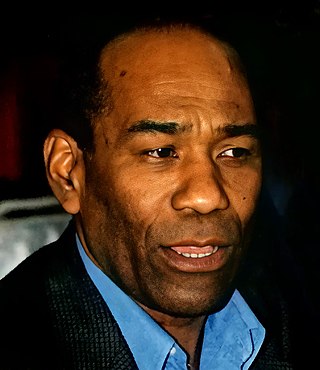Top Qs
Timeline
Chat
Perspective
Aristóbulo Iztúriz
Venezuelan politician (1946–2021) From Wikipedia, the free encyclopedia
Remove ads
Aristóbulo Istúriz Almeida (20 December 1946 – 27 April 2021)[2] was a Venezuelan politician and academic. He was vice president of the Constituent Assembly of Venezuela (in August 2017) as well as vice president of Venezuela (from January 2016 to January 2017).
Remove ads
Life and career
Summarize
Perspective
Istúriz Almeida was a professor at the Centro de Estudios del Desarrollo (CENDES) of the Universidad Central de Venezuela. He was elected to Parliament several times for Acción Democrática, representing the Federal District (now the Capital District), before joining the Radical Cause in 1986.[3] He was elected as Mayor of the Libertador Municipality of Caracas on 6 December 1992, serving in that post until 2 January 1996. After finishing his term as mayor (having lost his re-election bid to Antonio Ledezma), he became co-presenter of the Globovisión television show Blanco y Negro.[citation needed]
In 1997, together with other ex-Radical Cause members, he co-founded Homeland for All (Patria Para Todos, PPT), which in the 1998 presidential election decided to support Hugo Chávez. Between 2001 and 2007 he served as Minister of Education in Chávez's government. In 2008 Istúriz was the pro-Chávez Patriotic Alliance's candidate for Mayor of Caracas; he was narrowly defeated.[4] He was leader of the Venezuelan teachers' association SUMA for a time.[3]
In the 2012 regional elections, he was elected Governor of Anzoátegui.[5]
On 6 January 2016, President Nicolás Maduro appointed Istúriz as Vice President of Venezuela.[6] He remained in office for one year, until Tareck El Aissami was appointed to succeed him on 4 January 2017.[7] In October 2017, Istúriz ran again for governor of Anzoátegui. He lost to MUD/AD candidate Antonio Barreto Sira.[8]
Remove ads
Death
Istúriz died on 27 April 2021, following complications from open-heart surgery.[9]
Controversy
Sanctions
Canada sanctioned 40 Venezuelan officials, including Istúriz, in September 2017.[10][11] Canada's foreign affairs department said the sanctions were for behaviors that undermined democracy after at least 125 people were killed in the 2017 Venezuelan protests and "in response to the government of Venezuela's deepening descent into dictatorship"; Chrystia Freeland, Foreign Minister said, "Canada will not stand by silently as the government of Venezuela robs its people of their fundamental democratic rights."[10]
See also
References
Wikiwand - on
Seamless Wikipedia browsing. On steroids.
Remove ads

